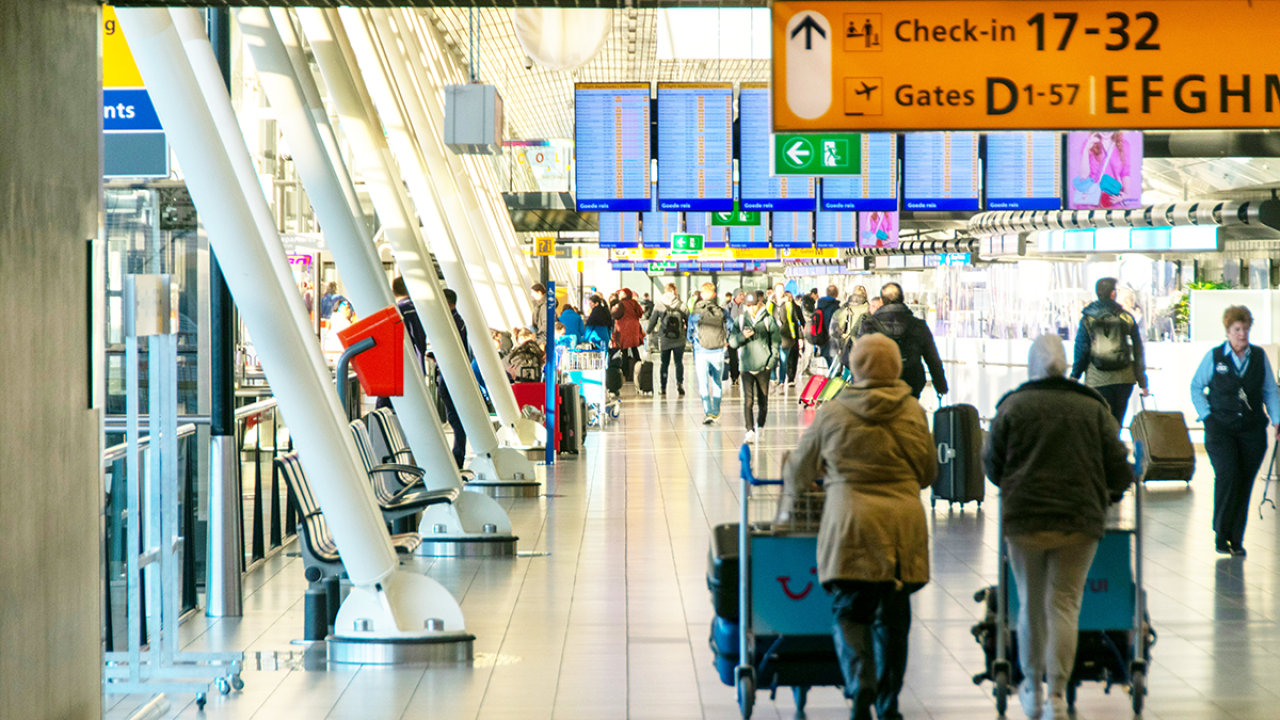
Seafaring container ships and the Internet of today are in many ways like the steamships and telegraph of the 19th Century. In both time periods, these technologies opened up vast opportunities for what we now call globalization.
“A lot of these technologies are just improvements in bringing us closer together,” said Christopher Meissner, a professor of economics in the UC Davis College of Letters and Science.
In his new book “One from the Many: The Global Economy Since 1850,” (Oxford, 2024) Meissner details the economic history of the global economy, grounding the idea of globalization in the technologies that have made it possible.
“It means different things to different people,” said Meissner, “but globalization is fundamentally about bringing people closer together who would otherwise be a long distance away.”
Globalization anxiety
As an idea, globalization causes a lot of anxiety, said Meissner, and for different reasons. People worry that it involves an unelected international government making decisions on their behalf. Others worry that it opens the door for abuse, like wealthy countries being free to pollute in lower-income countries or workers from lower-income countries undercutting the local workforce.
Despite these anxieties, Meissner said that a globalized economy has the capacity to improve life and provide broad benefits for everyone. One of the most tangible benefits of globalization for everyone in the U.S. is a much lower cost for nearly everything we buy.
“All the things we buy on a daily basis, from the Starbucks on our drive to work to the pickleball racket we use at the court, a lot of those things are brought to us through the global economy,” said Meissner.
However, our cheaper products come at a broader cost. Furniture manufacturing, for example, is a U.S. industry that has been almost completely moved to countries where labor is cheaper, putting workers here out of jobs.
An ebb and flow of globalization
Globalization is far from a new phenomenon. People living in the 19th century experienced a sudden boom of globalization brought on by new technologies that unlocked vast distances and a sharp increase in trade.
“In some ways that period was more transformative than our globalization,” said Meissner. “We're talking about the steamship and the railroad and the invention of the telegraph. We're talking about tens of millions of people moving out of Europe and moving to the Americas and also tens of millions moving out of China and India and into Southeast Asia.”
In recent years, said Meissner, globalization has actually been pulling back as part of a sharp reduction in international trade. Increases in tariffs for Chinese goods under President Donald Trump are one example, as are similar tariffs from European countries. Another factor is President Joe Biden’s Inflation Reduction Act, which requires domestic sourcing of some parts and materials for manufacturing.
“Trade is fundamental to humanity,” said Meissner. “I think that's what makes us human. We just need to learn how to manage it better.”
Deciding the future of world trade
In the end, globalization isn’t necessarily good or bad. It’s something that can exist in gradations, and it is within these gradations that everyone has choices. Do we want to pay less for our clothes and cars or will we pay more for workers to have better incomes and job protections? How much will we do business with foreign banks? How many immigrants will we welcome into the country?
The people of Greece recently had to grapple with a number of these questions in response to a financial crisis. In 2012, the European Union and International Monetary Fund offered bailout funding if the government agreed to slash social spending and health care costs to cut down the budget deficit.
“How much do you want to give up in terms of your own choices and in favor of the benefits the global economy can bring?” said Meissner. “We’re making those choices right now.”
